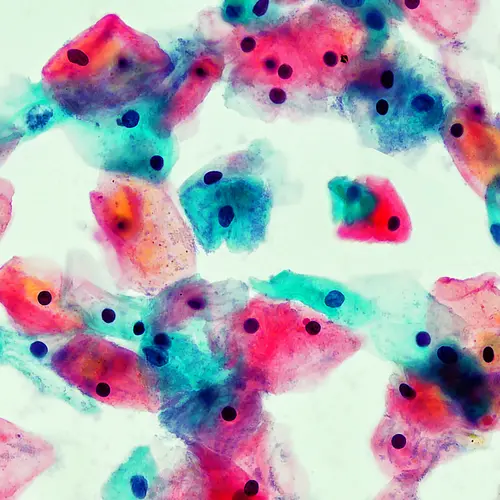Gynecologic oncology is a specialized field of medicine that focuses on treatment for cancers of the ovaries, vagina, uterus, cervix, and vulva. A gynecologic oncologist cares for people who have these conditions, diagnosing their cancers and recommending the best treatment.
What Does a Gynecologic Oncologist Do?
Gynecologic oncologists look for tumors in a person’s reproductive organs and determine if the disease has spread to other parts of the body, too. That helps them make sure a person gets timely and appropriate treatment for their condition.
Gynecologic oncologists typically work in collaboration with other doctors to provide integrated care. They speak with patients about the different cancer treatment options available and which ones may be best for their condition.
A gynecologic oncologist might recommend:
- Surgery
- Chemotherapy
- Radiation therapy
- Immunotherapy
- Hormone therapy
Education and Training
A gynecologic oncologist is a medical doctor who receives initial training as a gynecologist. Additional education for a gynecologic oncologist typically involves completing a residency as an OB/GYN. From there, they take on further specialized education to learn more about treating gynecologic cancers. That educational curriculum typically includes learning more about:
- Surgical techniques
- Proper administration of chemotherapy and radiation therapy
- The biology and pathology of gynecologic cancers
- Other experimental treatments
The additional training required to become a gynecologic oncologist takes anywhere from 3 to 5 years. There are fellowship programs available for physicians who complete an OB/GYN residency.
Reasons to See a Gynecologic Oncologist
You should make an appointment with your regular OB/GYN if you have symptoms such as:
- A sore in your vaginal area that doesn’t seem to heal
- An unusual amount of vaginal discharge or bleeding, especially after you’ve started menopause
- Constant bloating or indigestion
- Changes in the pattern of your bladder or bowel movements
- Pain in your pelvic area
- A lump that you can see and feel or that causes you pain
Your regular OB/GYN may refer you to a gynecologic oncologist for more testing and possible treatment. A gynecologic oncologist will have the kind of experience and technical skills needed to diagnose and treat cancer in these areas.
What to Expect at the Gynecologic Oncologist
Make sure you bring everything that the doctor asks for to your appointment, including items like:
- Medical records
- Pictures of imaging tests
- An up-to-date list of any medications and supplements you are taking
- Information on all aspects of your past surgical and medical history
- A list of all your current doctors
- Questions you may have for your gynecologic oncologist
The doctor will likely ask you about symptoms you’ve had. From there, they usually examine your reproductive organs. A gynecologic oncologist may order follow-up tests or imaging to confirm a diagnosis. They often work alongside other doctors who specialize in cancer treatment, like:
- Hematologist/oncologists
- Radiation oncologists
Your team of doctors will work together to come up with the best course of treatment for you.

